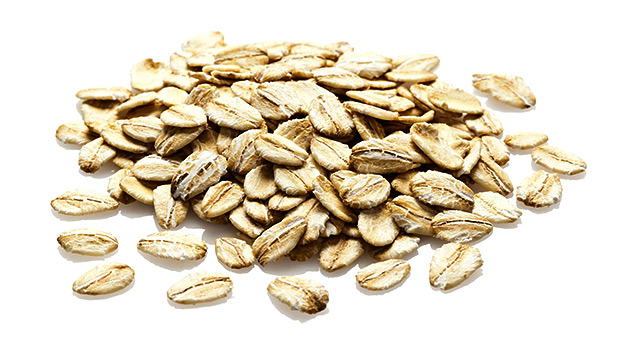During its two-year (1918-1920) biological reign of terror, the Spanish Flu killed –depending on whose estimates you believe – between 50 and 100 million people.
It struck so fast and so hard that someone could be totally asymptomatic in the morning but fall dead by the end of the day, their lungs having taken on the consistency of liver and unable to transfer any oxygen to the bloodstream.
This led to some poor bastards actually turning dark blue or black, a phenomenon known as cyanosis. The effect was so profound that army doctors, faced with an emergency room full of feverish troops, were often unable to distinguish between black soldiers and white soldiers.
As if that wasn't scary enough, blood streamed freely from not only the nose and mouth of victims, but in some cases, their eyes, too.
Thankfully, the flu, either because its hunger was sated or simply because it had run out of suitable candidates to affect, gradually subsided.
Meanwhile, epidemiologists await the next "big one," which is surely inevitable. Whether the current coronavirus (Covid-19) turns out to be anything remotely as virulent as the Spanish Flu remains to be seen, but it makes sense to do what you can to beef up your immune system.
One of the easiest ways to do that is to eat some of what's in your cupboard right now in that cylindrical container that features the face of some dude who looks like your Aunt Trudy.
That's right, your standard, everyday oatmeal contains a powerful substance that could substantially strengthen your immune system and possibly protect you from any opportunistic viruses that happened to be sneezed or coughed in your direction.

Hello, Beta-Glucans!
Beta glucans are polysaccharides that are found in the cell walls of bacteria. When detected in the human body, they serve as an immunological call-to-action.
However, beta glucans are also found in plants like barley and oats and by ingesting them, they punk your immune system into thinking that it's being attacked by bacterial pathogens.
As a result, macrophages start to stir. They're killer immune cells that destroy and then eat the corpses of invading pathogens. These angried-up macrophages, while laying waste to biological miscreants, also release cytokines, which immune cells use to communicate with each other.
These cytokines then provoke lymphocytes – aggressive and lethal white blood cells – into joining the mayhem. They bind to tumors or viruses and drag them off to hell, screaming all the way.
It's an incredibly simple strategy and it only takes a little oatmeal every day to make it work, as just a half-cup of Quaker Oats contains a hefty 2-3 grams of beta glucans.
Of course, that amount doesn't mean anything unless you put it into context: The human equivalent to the doses of beta glucans used in a couple of animal studies worked out to be far less than a gram a day.
If those studies are to believed, a half-cup of Quaker Oats, with its 2-3 grams, constitutes beta-glucan overkill, but that's okay as there doesn't appear to be any kind of negative feedback from taking larger-than-needed amounts.
Oh, yeah, as a bonus, beta glucans have also been found to increase swimming time to exhaustion in mice, which, if it translates to humans, means that these polysaccharides could reduce workout-induced fatigue.
Sources
- Davis, JM, Murphy, EA, Brown AS, Carmichael, MD, Ghaffar A, Mayer EP. "Effects of oat beta-glucan on innate immunity and infection after exercise stress," Med Sci Sports Exerc. 2004, Aug;36(8):1321-7.
- Vaclav Vetvicka, Jana Vetvickova, "β-Glucan Improves Conditions of Chronic Fatigue in Mice by Stimulation of Immunity," The Open Biochemistry Journal, 2-18-2020.




